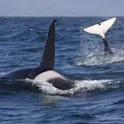
Life sciences
13 Jan 2021
Nearby vessels interrupt feeding of southern resident killer whales, especially females
How do boats affect the behavior of killer whales? Frontiers in Marine Science

Life sciences
13 Jan 2021
How do boats affect the behavior of killer whales? Frontiers in Marine Science
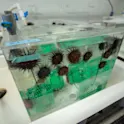
Life sciences
08 Jan 2021
How do sea urchin cope with climate change? Frontiers in Marine Science

Life sciences
06 Jan 2021
Low genetic diversity in manatees off South America raises alarm for conservation actions: Frontiers in Marine Science

Life sciences
06 Jan 2021
Surprisingly high biodiversity of previously unreported bacteria from the Tabernas Desert: Frontiers in Microbiology
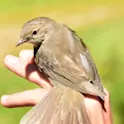
Life sciences
22 Dec 2020
Ability to use social information depends on individual cognitive skills in female collared flycatchers: Frontiers in Ecology and Evolution
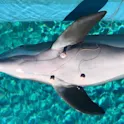
Life sciences
24 Nov 2020
New research suggests dolphins conserve oxygen and prevent dive-related problems by consciously decreasing their heart rates before diving: Frontiers in Physiology
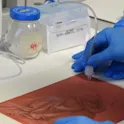
Life sciences
20 Nov 2020
What microbes live on the original half-a-millennium-old drawings by Leonardo da Vinci? Frontiers in Microbiology
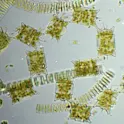
Life sciences
19 Nov 2020
The results of synthesis study suggest that primary production in some regions of the ocean may be an order of magnitude greater than originally predicted: Frontiers in Marine Science

Life sciences
12 Nov 2020
Developmental lag in the circadian clock may facilitate sociality: Frontiers in Cell and Developmental Biology

Life sciences
04 Nov 2020
Fungus-growing Xyleborus affinis beetles have independently evolved a similar social structure to many casteless wasps and bees: Frontiers in Ecology and Evolution
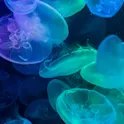
Life sciences
30 Oct 2020
How fast are nutrients from decaying jellyfish blooms recycled into marine ecosystems? Frontiers in Microbiology
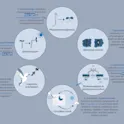
Life sciences
27 Oct 2020
New article collection to showcase research on the cryptochrome, a blue light receptor first discovered in plants.

Life sciences
23 Oct 2020
Innate immunity quickly develops in the first days after birth: Frontiers in Immunology
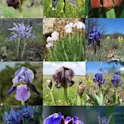
Life sciences
13 Oct 2020
What did the last common ancestor of irises look like? Frontiers in Plant Science
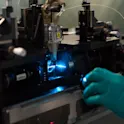
Life sciences
24 Sep 2020
Are these marine protists the first known virus-eating organisms? Frontiers in Ecology in Marine Science
Get the latest research updates, subscribe to our newsletter